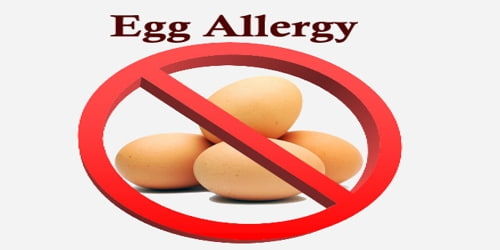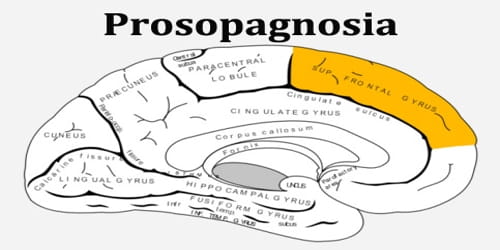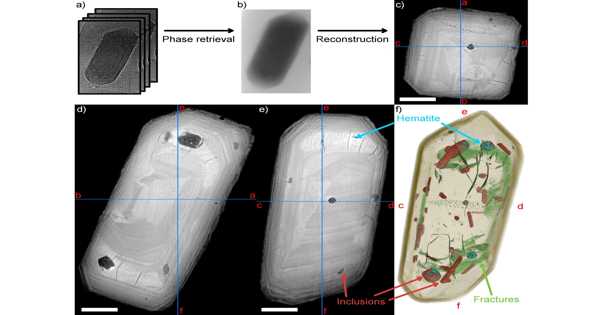Egg Allergy
Definition: Food allergies can have effects at several different sites in the body, including the mouth, throat, lungs, skin and gastrointestinal tract. Often more than one site in the body is affected at the same time, and the reaction can be generalized, such as anaphylactic shock.
Egg allergy is an immune hypersensitivity to proteins found in chicken eggs, and possibly a goose, duck, or turkey eggs. It is one of the most common food allergies in children, second only to milk allergy. Most children eventually outgrow an allergy to egg.
Experts estimate that as many as 2 percents of children are allergic to eggs. Fortunately, studies show that about 70 percent of children with an egg allergy will outgrow the condition by age 16.
Causes, Sign, and Symptom of Egg Allergy: The cause is typically the eating of eggs or foods that contain eggs. Briefly, the immune system over-reacts to proteins found in eggs. This allergic reaction may be triggered by small amounts of egg, even egg incorporated into cooked foods, such as cake. People with an allergy to chicken eggs may also be reactive to goose, duck, or turkey eggs.
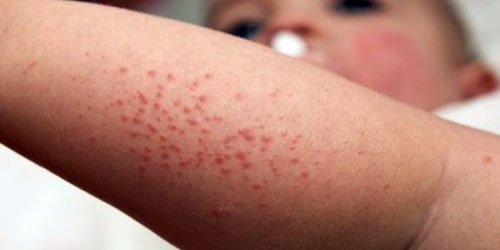
Symptoms of an egg allergy reaction can range from mild, such as hives, to severe, such as anaphylaxis. Allergic reactions can be unpredictable, and even very small amounts of egg can cause one.
The symptoms of an egg allergy are similar to other types of allergies and may include one or more of the following:
- skin reactions such as eczema, hives, or swelling
- stomach pain, nausea, diarrhea, or vomiting
- wheezing or trouble breathing
- stuffy or a runny nose
- fast heartbeat
In extremely rare cases, anaphylactic shock may occur.
Diagnosis and Treatment of Egg Allergy: Eggs are one of the most common food allergens. People with an allergy to chicken eggs may also be allergic to other types of eggs, such as goose, duck, turkey or quail. Diagnosis of egg allergy is based on the person’s history of allergic reactions, skin prick test (SPT), patch test and measurement of egg-specific serum immunoglobulin E (IgE or sIgE). SPT and sIgE have sensitivity greater than 90% but specificity in the 50-60% range, meaning these tests will detect egg sensitivity, but will also be positive for other allergens.
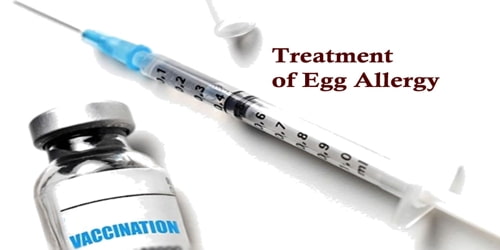
The best treatment for food allergy is avoidance. Common foods that contain egg or egg products include:
- Malted drinks
- Custards, mousse
- Souffles, meringues
- Glazed rolls or pastries
- Cakes, slices, and macaroons
- Some soups and sauces (e.g. Hollandaise)
- Rissoles or meatloaf (used as a binding agent)
- Dessert mixes (waffles, pavlova mix, confectionery etc)
It is important to check the ingredients label on packaged food to determine whether they contain egg or egg products, which are usually under the headings egg yolk, egg white, albumin, egg powder, egg solids, egg lethicin, mayonnaise, and ovalbumin.
To prevent a reaction, it is very important that you avoid eggs and egg products. Always read food labels and ask questions about ingredients before eating a food that people have not prepared their self.
If people are allergic to chicken eggs, the doctor may recommend them also avoid eggs from other domestic animals. Eggs from birds such as ducks, geese, turkeys, and quails can cause a cross-reaction.
Information Source:
